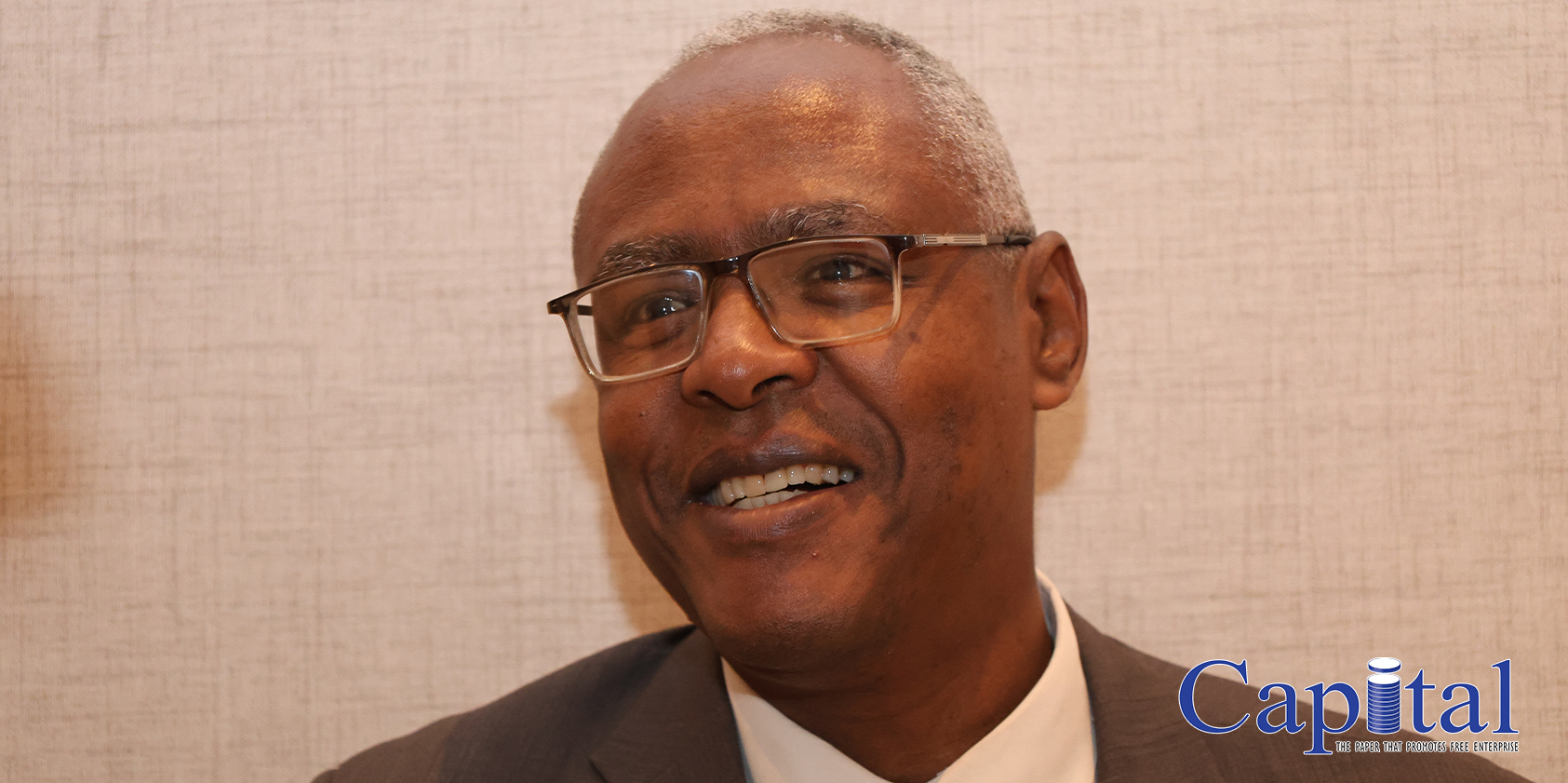The National Bank of Ethiopia (NBE) has announced its readiness to license foreign banks wishing to operate in the country, with approvals anticipated within three months of application submission.
This initiative follows the central bank’s efforts to open Ethiopia’s financial sector to global players, including the issuance of a new licensing directive five weeks ago.
This directive aligns with the financial sector liberalization policy introduced in 2023, which facilitates the establishment of international banks in Ethiopia.
Solomon Desta, Vice Governor for Financial Institutions Supervision at NBE, confirmed that the central bank is fully prepared to grant licenses to foreign financial firms, enabling them to operate independently in the country.
He noted strong interest from international investors, particularly from Africa, in Ethiopia’s banking sector.
“Ethiopia provides a favorable environment for foreign investors,” Solomon told Capital, adding that potential financial firms are evaluating the country’s risk factors, including infrastructure, to determine their capacity to mobilize deposits.
He emphasized that Ethiopia has established key financial safety nets, such as robust supervision frameworks, a lender-of-last-resort function, deposit insurance, and resolution mechanisms, which enhance investor confidence.
According to Solomon, financial institutions from Morocco, Zambia, South Africa, Kenya, and Djibouti have shown significant interest in entering the Ethiopian market. “Some of these firms may have backing from American or European companies,” he noted.
The Vice Governor highlighted that the NBE has streamlined the licensing process, ensuring that foreign banks encounter no additional hurdles compared to domestic applicants. “We recently issued the licensing directive, and since foreign firms have been preparing for market entry for over three years, we expect swift applications,” he stated.
Some of these institutions already have representative offices in Ethiopia. “We are prepared to accept applications, and by law, licenses will be issued within 90 days,” Solomon affirmed.
He cited the recent approval of M-Pesa’s license as indicative of the NBE’s experience in managing foreign financial firms.
While acknowledging potential complexities in screening applicants, Solomon expressed confidence in the NBE’s readiness.
“We are also enhancing skilled labor, operational procedures, and technology, although we anticipate issuing only a limited number of new bank licenses,” he added, emphasizing that the regulatory body will provide very few licenses.
In accordance with government policy, Ethiopia aims to issue up to five foreign banking licenses over the next five years.
Foreign investors have various options to enter the market, including establishing local subsidiaries or branches, with a foreign currency paid-up capital requirement of five billion birr.
Forming joint ventures with domestic banks or acquiring stakes in new or existing local banks are also viable options for foreign investors.
This move represents a significant step in Ethiopia’s financial sector liberalization, positioning the country as an appealing destination for global banking investment.
Experts anticipate that Ethiopia could welcome foreign banks in the upcoming Ethiopian New Year after a hiatus of half a century. However, some analysts remain skeptical about whether investors will be willing to operate independently in the market.
Solomon did not disclose whether any companies had submitted license applications but noted, “Some international financial firms may prefer to partner with local banks rather than establishing standalone operations.”



